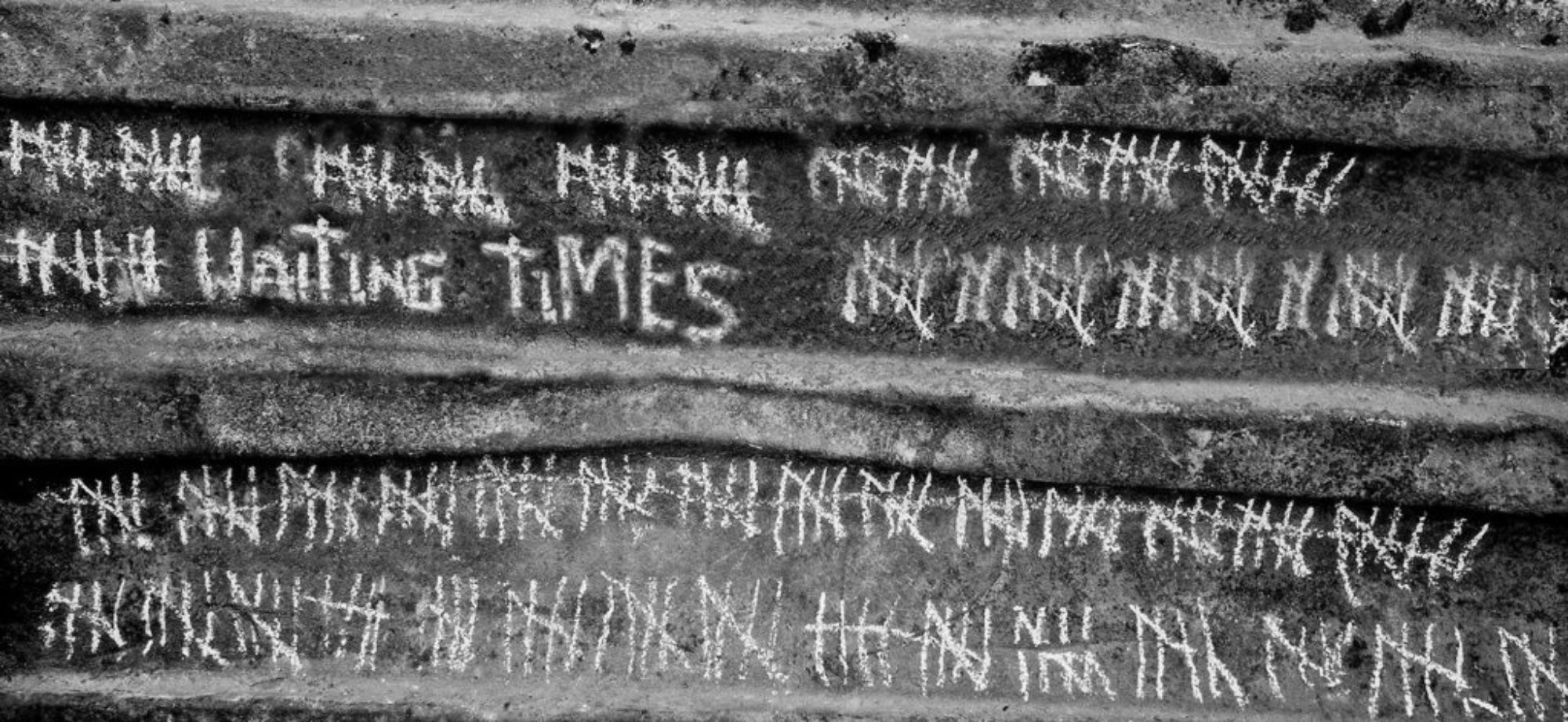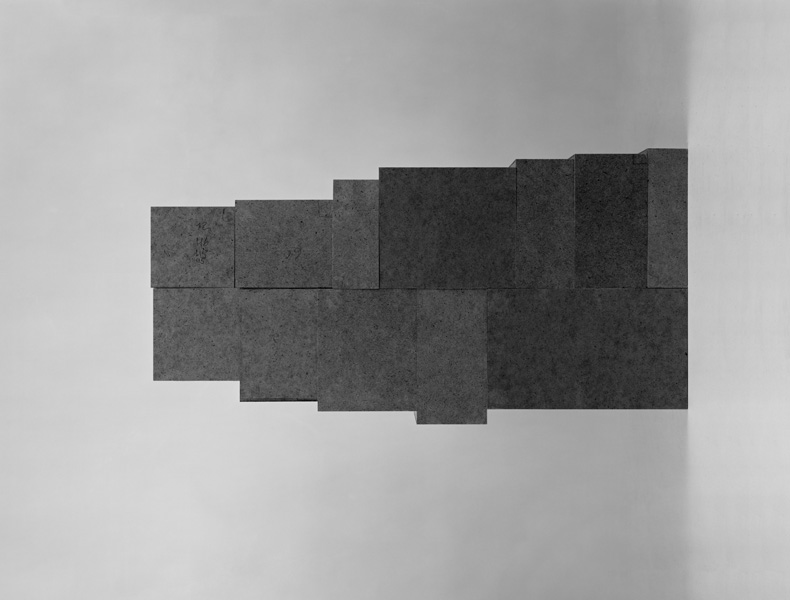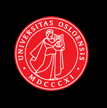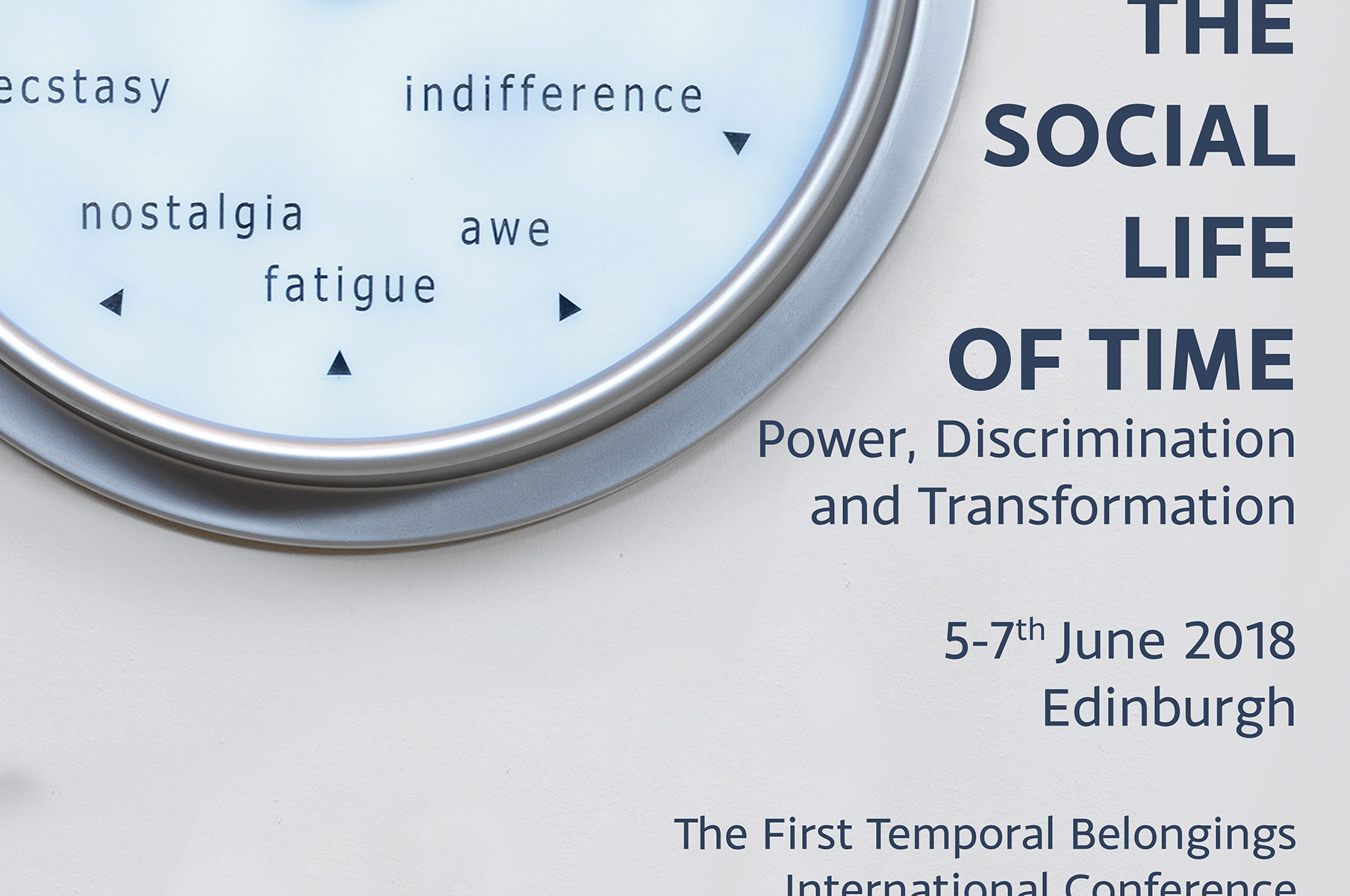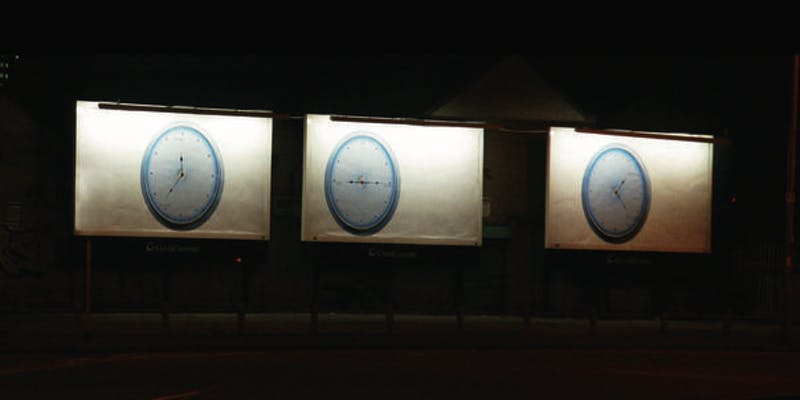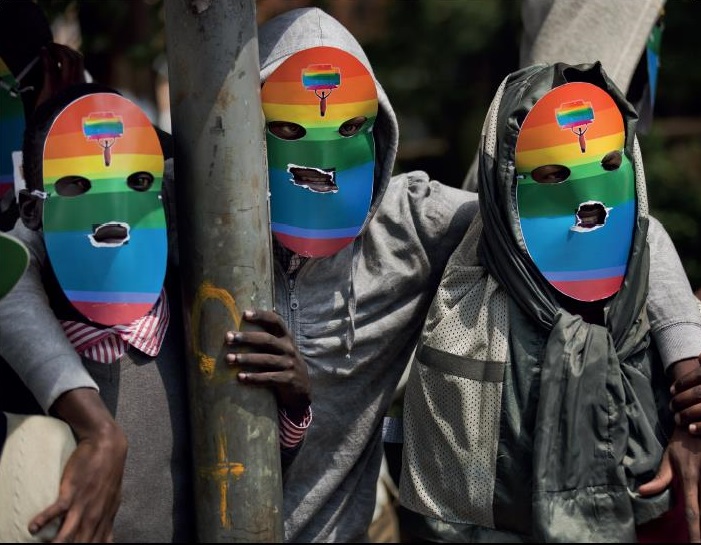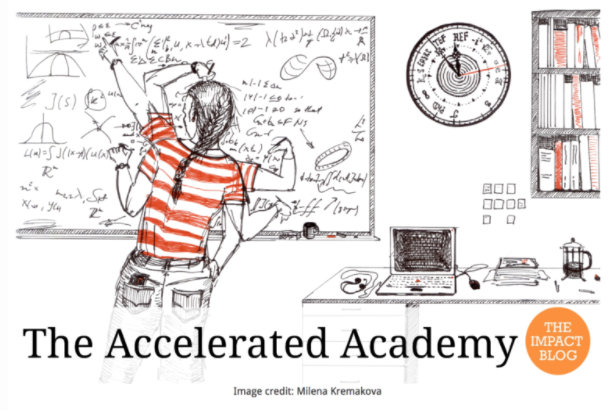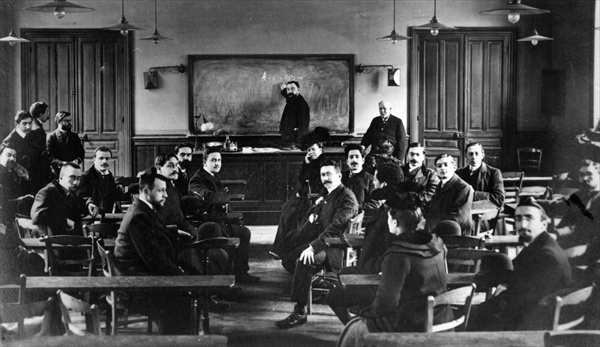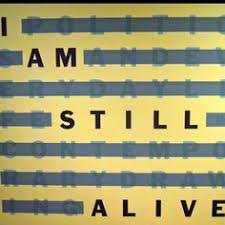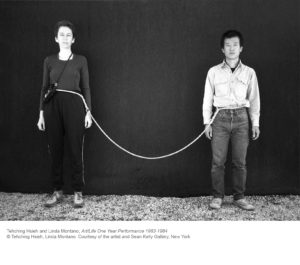Our Exeter PI, Laura will be giving a paper on waiting and ‘grey time’ in Beckett at the Grey on Grey Conference at the University of Oslo, 22-23 May 2018.
Abstract:
There is a well-known story that when Beckett got to see the colour footage of his television play Quad played back on a black and white monitor he insisted it was ‘marvellous, […] 100,000 years later’. Beckett went on to record a monochrome, slowed down version of the play, Quadrat II, to sit alongside alongside the surprisingly colourful, rhythmic jerks and swerves of Quadrat I; together these snapshots of life represent an asymptotic stretching of time, a shuffling on and off towards a final still state. This seems like a typical move from the Beckett who insisted on policing the greyscale of his drama. ‘Too much colour’, he told the actor Billie Whitelaw, over and over, as she rehearsed Footfalls. Grey, or ‘Light black. From pole to pole’, is of course everywhere in Beckett’s later work, but although there has been some significant research on Beckett’s relationship to and with colour, the grey so firmly associated with Beckett’s aesthetic – from the tableaux of the plays to his iconic personal
image — has less frequently been linked to the author’s particular interest in the temporality of waiting. This paper sets out to determine what might be meant by ‘grey time’ in Beckett’s work. It traces out a time that is resolutely not a twilight or the famous l’heure bleue stretch of gloaming between night and day; it is rather, I argue, a historically specific, postwar articulation of temporality in which waiting is denuded of its ‘for’ – its purpose, its project, its
‘colour’. By showing how and why certain aspects of grey time speak clearly to Beckett’s ashen historical period, I also want to suggest which parts of Beckett’s temporality remain, lingering and enduring within our current waiting times.
For full details on the conference, including a list of speakers and their abstracts, visit Gray on Gray at the UiO: Department of Philosophy, Classics, History of Art and and Ideas webpage.
